"In my experience the Pro14 wasn't respected by the English lads."
Donncha O’Callaghan, the former Munster and Ireland lock, was framing a question for BJ Botha, the ex-Springbok prop, about the likely addition of four top South African sides to the Guinness Pro14, or Pro16 as it could become.
O’Callaghan was speaking about his experience upon moving to play Premiership rugby with Worcester in 2015, where he would spend three years.
"Bringing quality opposition like this in is certainly going to lift the standard," he added, alluding to the Stormers, Lions, Bulls and Sharks, the cream of the South African crop, recently jettisoned by Super Rugby in the midst of the coronavirus.
According to reports they will replace the Southern Kings, who have entered administration and the Cheetahs, who are simply being outranked. Both teams joined the tournament in 2017.
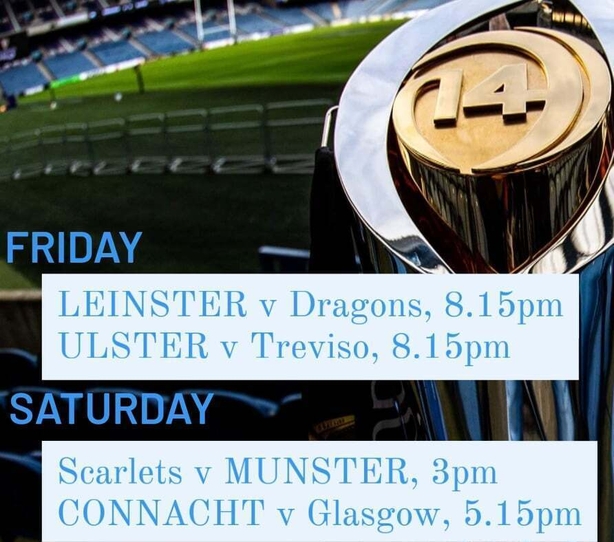
O'Callaghan didn’t get much pushback from his old Munster team-mate Botha, who made 111 appearances for the club between 2011 and 2016.
"It’s just great news," said the 2007 World Cup winner.
The Pro14 have yet to confirm but SA Rugby say they will "accelerate preliminary conversations" to make it happen.
But the competition, which will include Monday night games for the first time, kicks off tonight – with three-in-a-row champions Leinster hosting Dragons at the RDS - and fixture details for the first 11 rounds already announced.
The rest, including the possibility of the SA sides joining after Christmas are TBC.
The various iterations of the championship, beginning with the Irish, Welsh and Scottish Celtic League back in 2001 have invariably failed to get the collective juices of rugby fans flowing.
It finds itself surrounded by three major elite club competitions – the Top 14 in France, the Premiership in England and the Champions Cup – and has never been able to match its league peers in terms of interest or quality.
That’s not to say it’s not well intentioned, not to say that there is no serious talent on display, but more to acknowledge the fact that for Irish provinces at least, the Pro14 is not nearly as important as how they fare in Europe.
For the cream of England and France, their domestic competitions are, for the most part, their number one priority.
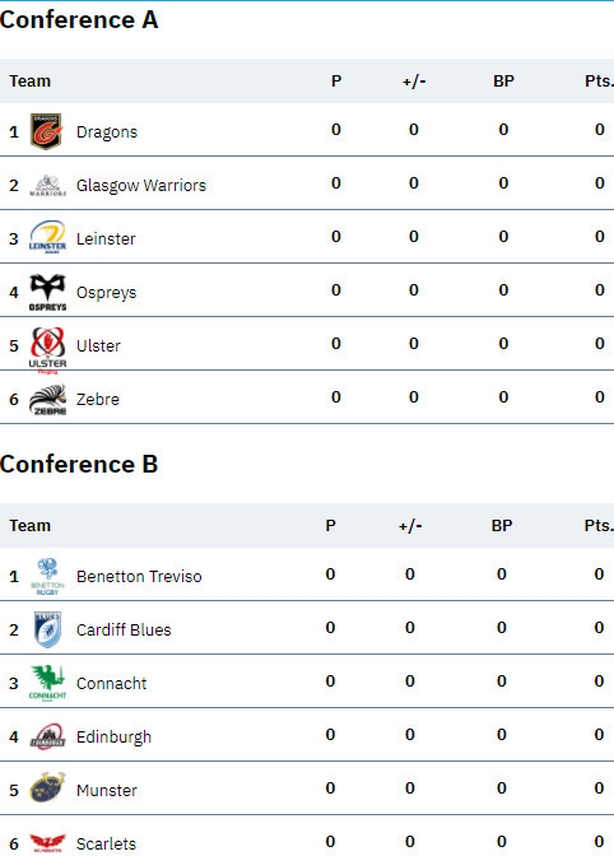
The Bouclier de Brennus occupies a place in French rugby hearts similar where Sam Maguire or Liam MacCarthy lies among footballers and hurlers in this country.
English rugby’s top tier provides, week in, week out, a high-level intensity where international players are not under a player-protection scheme and face off regularly.
It's just a fact of life that the Pro14 – which had previously been looking at a link-up with Major League Rugby teams in North America – has to deal with.
So the addition of the South African franchises, a massive upgrade in comparison with MLR, and who come heavily branded by various mobile phone, aviation and mail service companies, is a welcome boost to the concept, which since 2010 has included Italian teams.
It introduces the prospect of Irish fans getting to see regular contests including current World Cup holders at Thomond Park or in the Kingspan or the RDS or in the Sportsground.
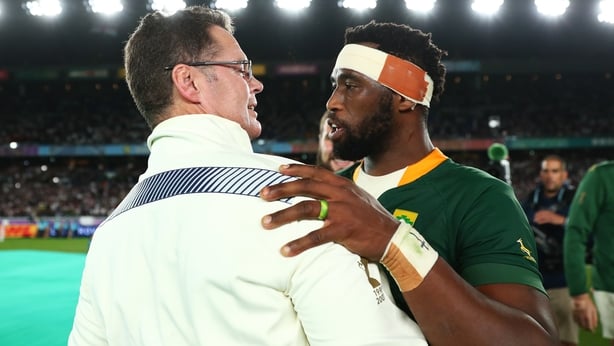
The Stormers, for example, had six of the World Cup final match-day 23 in their ranks, including captain Siya Kolisi and Pieter-Steph du Toit.
"It’s what the league needed, it’s a masterstroke," former Ireland hooker Bernard Jackman told RTÉ Sport.
"It will be a massive boost to the competition.
"Let’s be honest, from the provinces’ point of view, when you’ve a home game coming up, wouldn’t it be great to see your team playing against a stacked Stormers team with four or five Springboks and playing a brand of rugby that is a little bit different than what we are used to.
"The Cheetahs and the Kings had lost a lot of their players and they were never really given the financial backing needed to be competitive.
"This is a completely different story, these teams have been well funded for a while, have great academies and are full of internationals.
"Looking at the recruitment that Jake White has done with the Bulls, being able to bring players back from Europe and Japan and putting together a phenomenal squad, backed by two super rich investors is a positive, and the history and success they’ve had from Super Rugby is notable.
"The Sharks, Lions and Stormers are the cream of South African rugby."
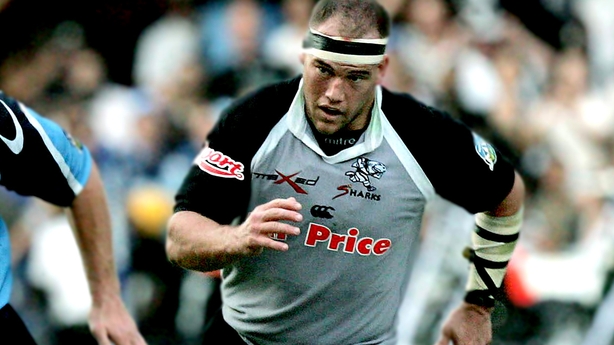
Botha, who had seven years with the Sharks, travelling to Australia and New Zealand, sometimes at short notice, concurs.
"Playing Super Rugby in my early career, one of the toughest obstacles was the time change and jet-lag," he said on Game On.
"Logistically, it makes sense [for them to play in Europe], there’s one or two hours at most lost.
"There were definitely some obstacles – players in the southern hemisphere covering five continents over a number of months – but from a bigger picture Super Rugby has taken its toll over the years and it has taken Covid to bury it.
"[Premiership teams] know it’s cut-throat each weekend.
"I’m not saying that in the Pro14 you can take it easy but there are games where the bigger franchises have stronger stock and those games where you can try a player in a certain position and you don’t have to go at it every weekend.
"It will add that edge for spectators, they will appreciate a different style of player.
"The benefits definitely outweigh the negatives."
Nobody knows the exact format at this point, and how it will work out in reality is anyone’s guess but there can be little doubt that adding that type of firepower - notwithstanding that a large portion of the Springboks play in England and France – will enthuse both hardcore rugby fans and the much sought-after casuals.
Of course, there are downsides.
With the addition of the natural raw power and might that the South Africans will bring to the games, will Leinster be able to compete for honours, as they did this season, by using 53 players?
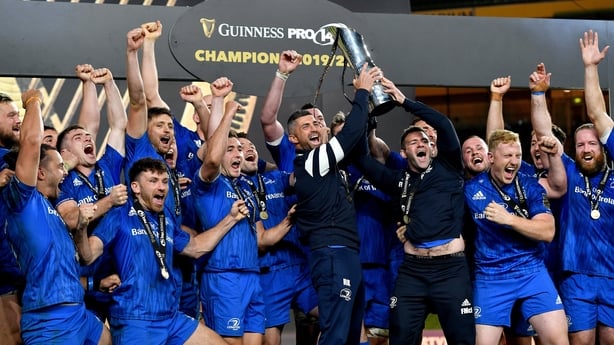
What are the knock-on effects of the provinces having to use Ireland frontliners on a more regular basis when it comes to the IRFU’s player-management policy?
"As long as Leinster keep providing that many players for Ireland they are always going to have to rotate," says Jackman, a 2009 Heineken Cup winner with Leinster.
"They will be conscious of the need to win to get a home draw for the semi-final so that won’t give you much margin for error if the conferences are more competitive."
And if, as mooted, it paves the way for the Springboks to join the Six Nations, where does that leave Italy, should they be replaced, or Georgia, who have ambitions to grab a place at the top table?
Among World Rugby’s aims is to grow the sport. How would an insular move like this square with their strategic plan to "grow the global rugby family beyond the traditional strongholds"?
These are all issues that will play out in time. In the middle of a global pandemic and with finances precarious, rugby bosses probably cannot afford to look what seems to be a gift horse in the mouth.
In the meantime, 12 teams, split evenly across two conferences, will start off a competition that may have a different name by the time it concludes. Strange days.
Listen to the RTÉ Rugby podcast on Apple Podcasts, Soundcloud, Spotify or wherever you get your podcasts.
We need your consent to load this rte-player contentWe use rte-player to manage extra content that can set cookies on your device and collect data about your activity. Please review their details and accept them to load the content.Manage Preferences


